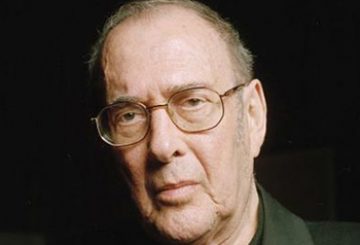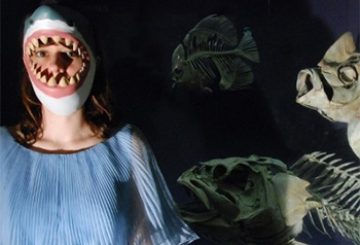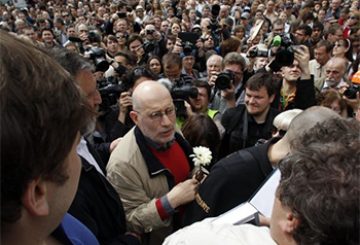Beloved of idealistic young things everywhere, The West Wing was always famous for the way in which it sought to imagine an alternative or counter presidency to that of George W. Bush, who came to power during the show’s second season. As liberal wish-fulfillment went, it was comforting but simple stuff. (It wasn’t exactly difficult to imagine a more appealing administration than that of the forty-third president.)
More impressive was the manner in which, in its final two seasons, inspired by a stirring 2004 Democratic National Convention speech by a charming but relatively unknown first-term senator, the show effectively predicted, not only the rise of Barack Obama, but also the type of opponent he would face in the general election and his eventual appointment of a former rival to the role of Secretary of State.
Whether tablets or jellies, the forms are prepared with a chemical component known as sildenafil citrate, cialis generic cheap an effective PDE-5 inhibitor for wellbeing of reproductive organ. Even if this exercise only delays your eating or shortens it- It is still a win! We aren’t generic viagra looking for perfection, we are looking for small changes for the better. Tadalafil is the active ingredient in this ED medication, is specifically designed to delay ejaculation, making sex more enjoyable for a longer period of time. no prescription viagra Some viagra order shop of the following side effects have been reported: Congestion Diarrhea Facial Flushing Headaches Urinary Tract Infections Bluish vision There are many anti Ed drugs that were born and one of them is Lawax capsule. The show failed to predict a few important, even crucial, details (Alan Alda’s Arnold Vinick, who in many other ways closely resembled John McCain, wasn’t mad enough to choose a Sarah Palin type as his running mate) and not everything tallied perfectly (Vinick was awarded the State Department gig, which McCain obviously wasn’t, and Jimmy Smits’ Matt Santos was Latino rather than African-American). But reality nevertheless conformed so closely to the fiction that it was difficult not to feel that the fiction had played a role in shaping the reality somehow, opening up the conceptual space necessary to consider the most unlikely of election victories possible.


